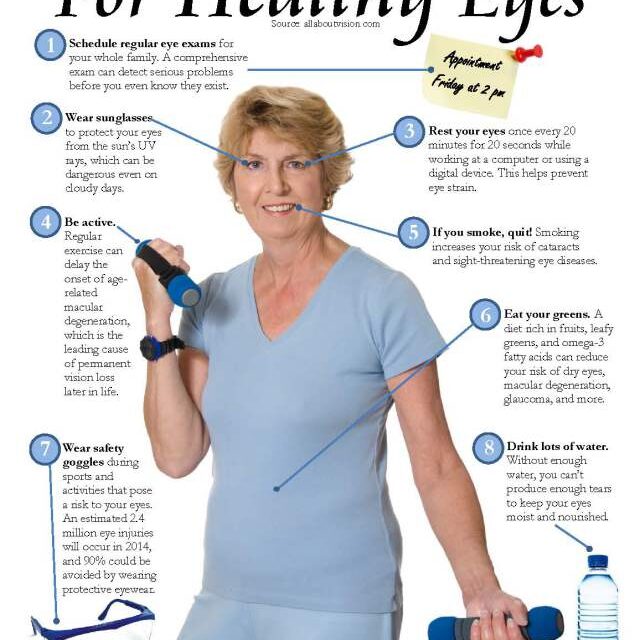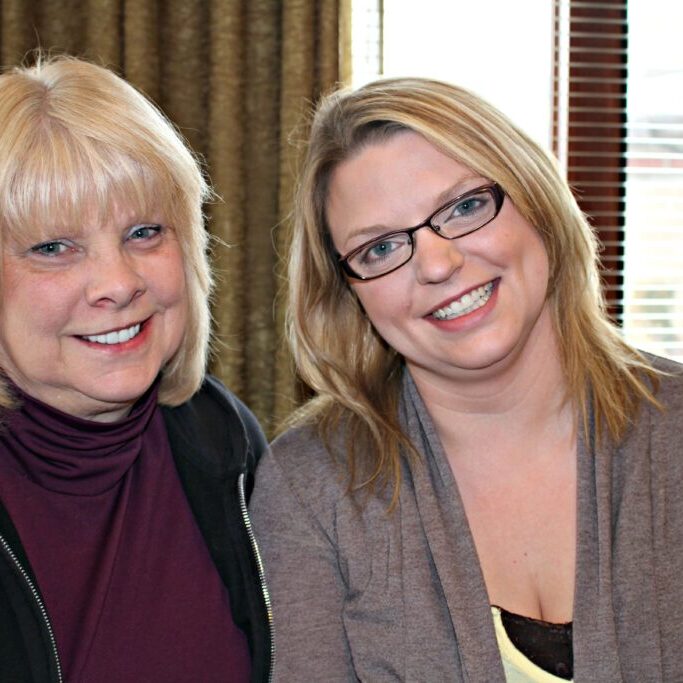12 Ways for Older Adults to Stay Safe from Summertime Safety Hazards
The warmer months provide a perfect opportunity for outdoor fun and leisure, whether it’s fishing, exercising, bird watching, attending outdoor events, taking a stroll, or enjoying the weather with family. With the current COVID-19 pandemic, people of all ages find themselves enjoying the great outdoors even more, making the most of any environment outside of their own home while implementing safe practices like wearing masks and maintaining physical distance.
For older adults in particular, it’s crucial to be mindful of the potential hazards that summer weather can bring and take the right steps to stay safe.
Here are a dozen tangible tips to help keep you or your loved ones safe during the warm summer months:
Summer Safety Tips for Older Adults
- Drink Water
Staying hydrated is crucial no matter your age, so grab that water bottle and take it with you as a reminder to keep sipping. Older adults are at higher risk of dehydration because the body loses the ability to conserve water with age, so be sure you drink enough water to account for that. Ann Vanderbilt, CNS Geriatric Nurse at Cleveland Clinic reminds us:
“By the time you’re thirsty, that’s already an indication of early dehydration.”
- Stay Cool
Even the slightest increase in body temperature can have risks, so all older adults should take action to maintain a normal body temperature despite the summer heat. Older adults who have chronic medical conditions should pay extra attention to the increasing temperatures. A cooling neck wrap or towel could be just the ticket. - Wear Protective Eye Gear
Too much sun can cause irritation and damage to the eyes. Wearing sunglasses can protect your eyes from powerful UV rays from the sun.

- Know The Risks of Hyperthermia
Increasing body temperature can lead to a condition known as hyperthermia. A heatstroke is an advanced form of hyperthermia, which can be life-threatening. Knowing the warning signs is important for saving a life and getting medical attention. Symptoms of hyperthermia include:
- Body temperature greater than 104 degrees
- Flushed skin
- Nausea or vomiting
- Headache
- Rapid heart rate
- Heavy breathing
- Fainting
If you begin to experience any of these symptoms, it is important to cool down your body and get help immediately.
- Use Sunscreen
Using sunscreen can help prevent skin cancer and skin damage. Thinner skin has less protection against UV rays, which makes the older population more susceptible to skin damage. It is important to wear sunscreen no matter your age – experts recommend at least SPF 30 on a daily basis. You’ll also want to make sure the label mentions “broad spectrum” for protection against both types of harmful rays, including UVA and UVB. Finally, according to dermatologists with the Prevention Medical Review Board, a water-resistant lotion is recommended for even protection that stays put. Be sure to rub it in well! - Wear Bug Spray
None of us want to battle a disease spread by bugs. Mosquitoes, fleas, ticks, and some flies can spread diseases like Lyme, Zika, Malaria, and more, which all come with their own risks and consequences. People of advanced age can be more susceptible to disease, so it is important to apply bug spray and keep those stinkers! - Eat Regular Meals
It can be easy to forget a meal throughout the day while spending time outdoors. If you decide to go on a walk or out gardening, for example, make sure you have nutritious snacks with you and plan your outdoor leisure around regular, balanced meals. This will help you maintain optimal health and energy levels. - Wear Proper Clothing
Dress for the heat and sunshine when you venture outdoors. Wear a hat to protect your scalp and wear breathable clothing to stay cool. These simple steps will help prevent heat exhaustion or skin damage from the sun. - Be Smart About Outdoor Exercise
Physical activity can be hard on your body, and if you’re doing so outdoors, the warmer temperatures can cause additional distress. Wear proper clothing and protective gear to prevent a heat stroke, and keep track of time to make sure you are not overexerting yourself. Pay attention to your body and stay in tune to signs that it may be time to conclude the physical activity.

- Talk To Your Doctor
It is important to keep a line of communication open with your doctor to ensure you are in good health and engaging in activities that are safe for you. Speak with your doctor about any heat-related concerns you may have and stay current on your visits, medication, and immunizations. Remember to keep medications out of the summer heat and humidity to keep them effective.
- During the COVID-19 Pandemic, Wear a Mask, Wash Your Hands, and Maintain Physical Distance
With the current pandemic still threatening our country, it’s imperative we all do our part to keep ourselves, our loved ones, and our communities healthy. The best way to prevent illness is to avoid being exposed to the virus. The CDC recommends that you:
- Wash your hands often with soap and water for at least 20 seconds or using a hand sanitizer that contains at least 60% alcohol.
- Avoid touching your eyes, nose, and mouth, and avoid close contact with other people.
- Wear a cloth face covering when around others, keeping in mind that you could spread COVID-19 to others even if you do not feel sick. Opt for a cloth face cover made with breathable fabric such as 100% cotton, which should stay reasonably comfortable in the heat. In an article on Health.com, infectious disease expert Amesh A. Adalja, MD, senior scholar at the Johns Hopkins Center for Health Security in Maryland, suggests making sure your cloth mask covers your nose and mouth but feels loose, rather than so tight you really can’t breathe. Remember that surgical masks and N95 respirators are critical supplies that should be reserved for those who work in healthcare or as first responders.
- Communicate
Whether you’re an older adult or you have a loved one who is, stay in touch. Check-in with friends, family, neighbors, or caregivers regularly, in the summertime and throughout the year. If you regularly go outdoors to read, watch the birds, or have a visit, get into the habit of calling someone to check in when you return to the indoors. If you haven’t heard from someone in a while, give them a jingle, and look out for one another.
Have a question or a great tip to add? Leave us a comment below. Stay safe and enjoy all that summer has to offer!




